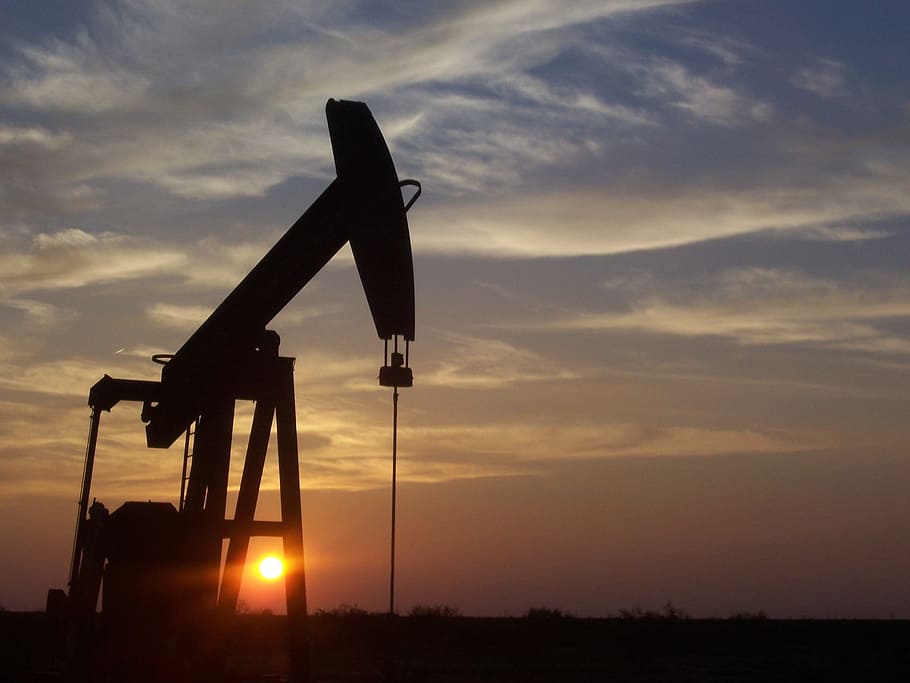What happened to OPEC and how the oil will go

Peace made in OPEC between Saudi Arabia and the Emirates: from August the oil supply will begin to increase. Crude oil prices fall due to fears about the spread of the delta variant. All the details
The conflict in OPEC +, the group that brings together some of the major oil exporters, has been resolved and the value of crude has already started to decline.
On Sunday 18 July the ministers of the member countries of the organization reached an agreement to increase oil production and thus stop the rise in prices, which at the beginning of the month had risen over 75 dollars a barrel: it was feared that there would not be enough availability of fuel with which to fuel the recovery of economies from the pandemic crisis.
WHAT THE OPEC + AGREEMENT PROVIDES FOR
Yesterday's agreement provides for OPEC + to increase the total supply of oil on the market by 400,000 barrels per day starting from August and until December 2021: 2 million barrels in all, therefore.
The group has also decided to extend the system for sharing the maximum production quotas among the members until the end of 2022, in order to guarantee more room for maneuver to balance supplies according to the progress of the recovery, which could slow down with the emergence of new variants of the virus.
THE ARABIA-EMIRATES QUEST
Last year, OPEC + introduced record production cuts of 10 million barrels per day, in response to the collapse in energy demand caused by the pandemic. It has since gradually eased the restrictions.
However, this system has given rise to conflicts between the United Arab Emirates and Saudi Arabia, the largest oil exporter in the world and coordinator of the group. Abu Dhabi wanted to see the possibility of producing more recognized by reformulating its quota on the basis of its new extraction capacity, which has grown very recently. Riyadh was against the idea, even in order not to find herself then forced to satisfy the demands of other members.
The quarrel between the Emirates and Arabia had paralyzed OPEC + discussions and raised fears of a prolonged stalemate that would have jeopardized the agreement to increase the supply of barrels from August.
FOUND THE COMPROMISE
The clash, however, was resolved on Sunday: the organization has decided that it will set new production quotas from May 2022, thus accepting the request of the Emirates. Who said – through the mouth of the Minister of Energy Suhail bin Mohammed al-Mazrou – "happy with the agreement".
From May next year, the country will then be able to produce up to 3.5 million barrels per day (it had asked for a little more : 3.8 million), compared to 3.1 million today.
The shares of Saudi Arabia and Russia – the two main members of the alliance – will both rise from 11 million barrels a day to 11.5 million. Kuwait and Iraq will also be able to extract and sell more crude; perhaps also Nigeria and Algeria.
HOW OIL GOES
Oil prices dropped by more than $ 1 a barrel on news of the OPEC + deal this morning. If at the beginning of the month there was fear of a deficit in the supply of crude oil, now the concerns are contrary: the rise of coronavirus infections in many countries, that is, suggests the introduction of new restrictions, and therefore the possibility of an excess of oil on the markets.
Today Brent crude oil (the benchmark for the European market) fell by 1.5 percent, reaching $ 72.5 per barrel: last week it had lost 3 percent of its value. The West Texas Intermediate (the US benchmark ) fell by 1.4 percent to $ 70.8 after a drop of nearly 4 percent last week.
THE OPINION OF GOLDMAN SACHS
The American investment bank Goldman Sachs thinks that in the coming days, oil prices will continue to fluctuate up and down, due to the spread of the delta variant of the coronavirus but also to the resumption of mobility in some countries (in the United States United , for example).
However, the bank has not revised down its forecast for the price of Brent, which – it claims – will exceed $ 80 per barrel by the summer and an average of $ 75 in 2022.
On the subject, read the insights of Start Magazine:
– Why the Emirates and Saudi Arabia are fighting over oil. Speak Tabarelli (Nomisma Energia)
– That's why the quarrels in OPEC over oil upset Biden
This is a machine translation from Italian language of a post published on Start Magazine at the URL https://www.startmag.it/energia/opec-petrolio-prezzo/ on Mon, 19 Jul 2021 08:13:35 +0000.
